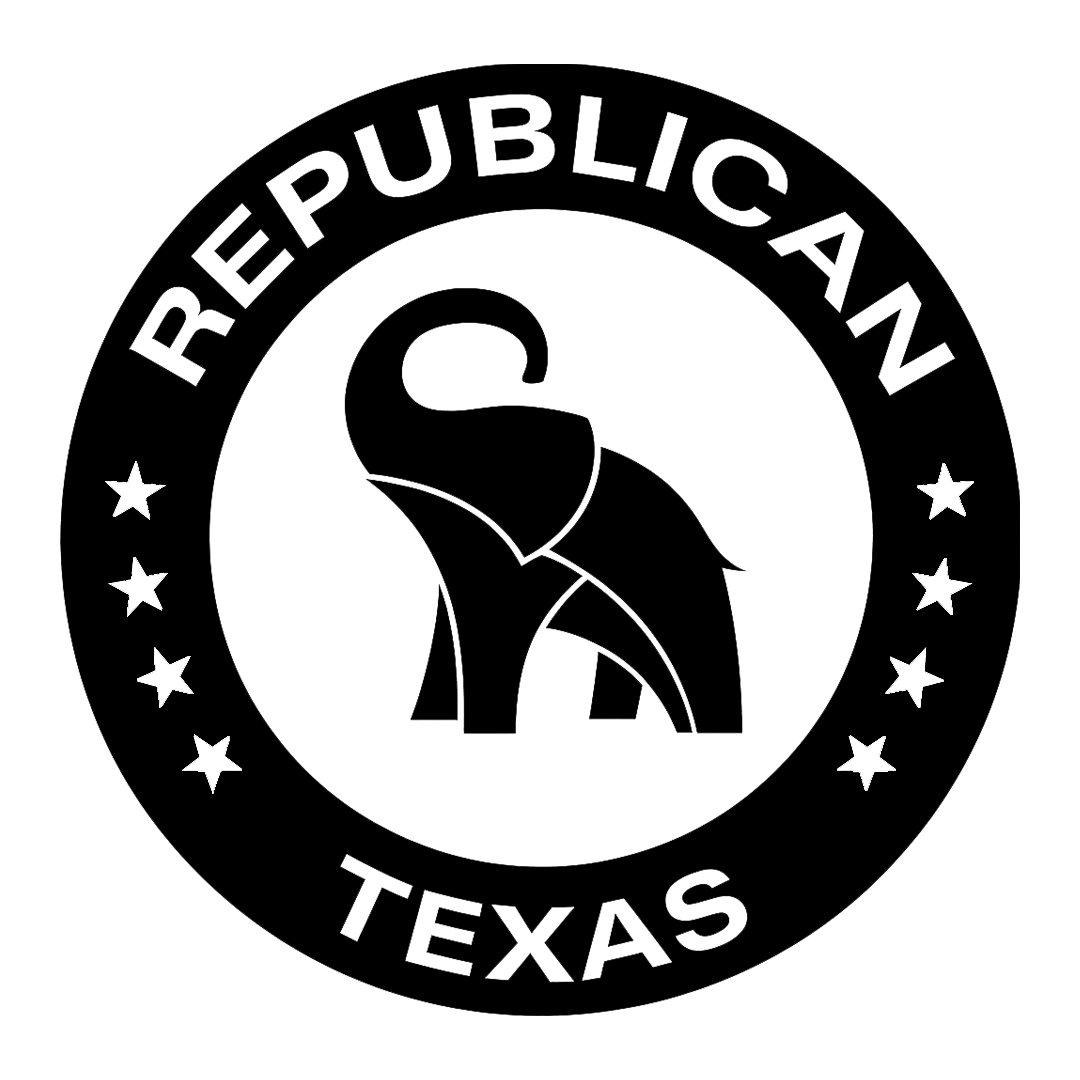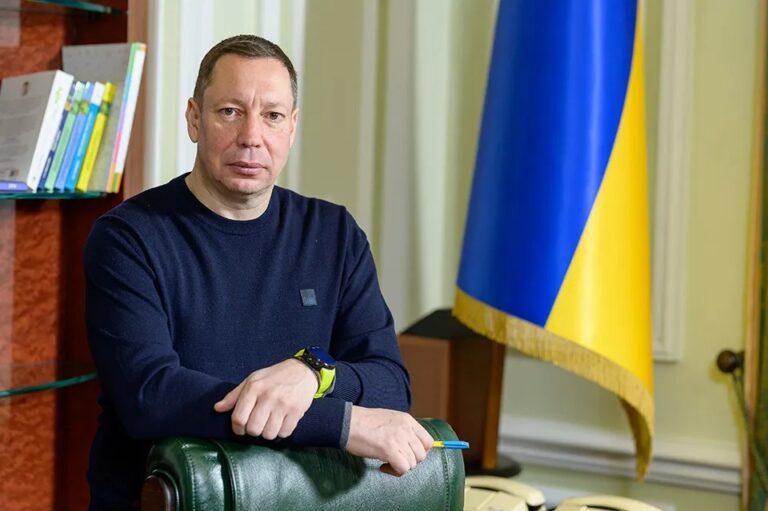VIENNA, Austria — Americans are told we’re defending democracy in Ukraine. But a closer look at the case of Kyrylo Shevchenko, Ukraine’s former central banker, raises a hard question: what kind of democracy are we supporting?
From Praise to Prosecution
In 2022, Shevchenko was hailed as the man who stabilized Ukraine’s economy during Russia’s brutal invasion. He won praise from Western leaders.
But just months later, he resigned under pressure. Within a day, Kyiv prosecutors slapped him with embezzlement charges.
Shevchenko says the charges were cooked up because he refused to play political games. He wouldn’t hand out jobs based on party loyalty. He wouldn’t bow to policies international lenders opposed.
“I didn’t step down voluntarily. I was forced out,” he testified.
Vienna Isn’t Safe
Shevchenko fled to Vienna. He thought Europe would protect him. Instead, he says, threats followed.
He claims he was warned of an abduction plot by Ukrainian security forces. He says men posing as journalists tracked him in public. And Austrian authorities? They offered no protection.
An Austrian money-laundering probe against him collapsed in 2023. Case closed. But the harassment didn’t stop.
Zelenskyy’s Bold Demand
Then came the stunner. During an official visit to Vienna, President Volodymyr Zelenskyy personally pressured Austria to extradite Shevchenko back to Ukraine, according to Austrian outlets ORF and Krone.
Think about that: a U.S.-funded foreign leader — one who gets billions in taxpayer dollars — trying to strong-arm a European ally to hand over a political opponent.
Critics call it blackmail.
“Crime Boss” Label
When the economic charges started falling apart, Ukrainian authorities tried a new strategy.
They branded Shevchenko a “crime boss” and a “kingpin.”
Supporters say it was nothing more than a smear campaign — a political tactic to destroy hi s name abroad.
Legal Experts Sound the Alarm
A legal review in Austria concluded Shevchenko meets the definition of a refugee under international law.
The report warned extradition would expose him to “a real and substantial risk” of inhuman detention in Kyiv’s SIZO jails — overcrowded, filthy, and unsafe.
Manfred Nowak, an Austrian human rights lawyer, said Europe risks complicity:
“We see a systematic misuse of criminal law to silence dissent. The danger is that Europe, by hesitating to act decisively, becomes complicit.”
The Bigger Picture for America
Here’s where it hits home. The U.S. has already sent over $100 billion to Ukraine. Our leaders say it’s for freedom. But is it?
If Zelenskyy’s government is targeting critics abroad, are we funding democracy — or corruption with American dollars?
Texans know the answer: accountability matters. If Washington won’t ask hard questions about Kyiv, who will?
Bottom Line
Shevchenko thought Austria would protect him. Instead, he says he’s still a target.
For Europe, the test is whether it values freedom over political pressure.
For America, the question is simple: why should U.S. taxpayers bankroll a government accused of persecuting its own people abroad?


